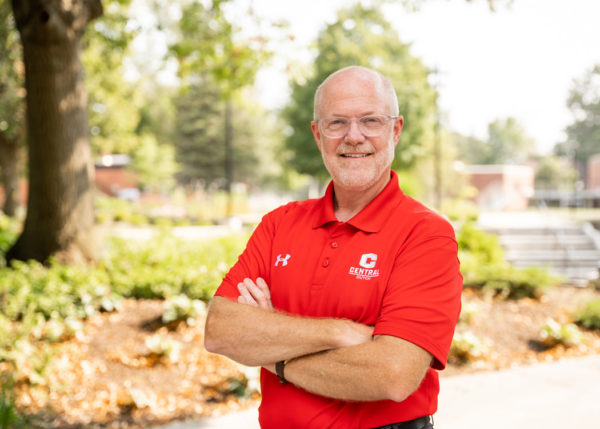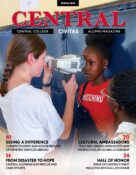
It is said that if you want to know what people truly value, then just look at their calendars and accounts.
How we choose to spend our time and money is the most candid representation of what we value most. For some, time and money are devoted entirely to survival, for others, extravagance. Most of us fall somewhere in between. Yet whatever our lot, our desire for more time and more money seems insatiable. We tend toward complexity rooted in the notion that “variety is the spice of life,” while our insides crave a simplicity that finds simple comfort in peace and hospitality.
To be at peace in the company of those we love is the most human of conditions and the one thing we desire most.
This tension was explored by the poet, William Cowper in his volume of six poems entitled, “The Task” (1785). In “Book II: The Timepiece,” Cowper uses the image of a person with wealth and position being fitted for a wardrobe of new clothes.
He writes:
Variety’s the very spice of life,
That gives it all its flavour. We have run
Through every change that fancy, at the loom
Exhausted, has had genius to supply,
And, studious of mutation still, discard
A real elegance, a little used,
For monstrous novelty and strange disguise.
We sacrifice to dress, till household joys
And comforts cease. Dress drains our cellar dry,
And keeps our larder lean; puts out our fires,
And introduces hunger, frost, and woe,
Where peace and hospitality might reign.
The surviving idiom derived from his writing, “variety is the spice of life” has flipped the essential meaning Cowper intended. He sees vice in blindly pursuing variety as a means for satisfaction in life, when virtue is found in the simplest things that bring us the deepest pleasures.
One of our tasks as learners is to become people of discernment. This involves the integration of ideas, the interpretation of context, the recognition of patterns and the acceptance of limitation. There are many things we can know; many skills we can develop; many experiences we can pursue. The journey of education is about determining what is worth knowing, doing and experiencing as we craft a life. Simplicity is not a lack of ambition. It is an articulation of focus. It is a discipline of mind and heart we learn through reflection and seek to employ in the fullness of our lived experience.
A broad-based liberal arts education centers us on that which matters most. It forces us to encounter questions of meaning and purpose. From there a narrative emerges and evolves that serves as a guide for the unfolding years and changing seasons of life. In the end, Cowper teaches us that while the endless pursuit of variety may be spicey, the most nourishing and sustaining aspects of our lives are really quite simple.
May you dwell in peace and hospitality.












To encourage serious, intellectual discourse on Civitas, please include your first and last name when commenting. Anonymous comments will be removed.
Comments are closed.